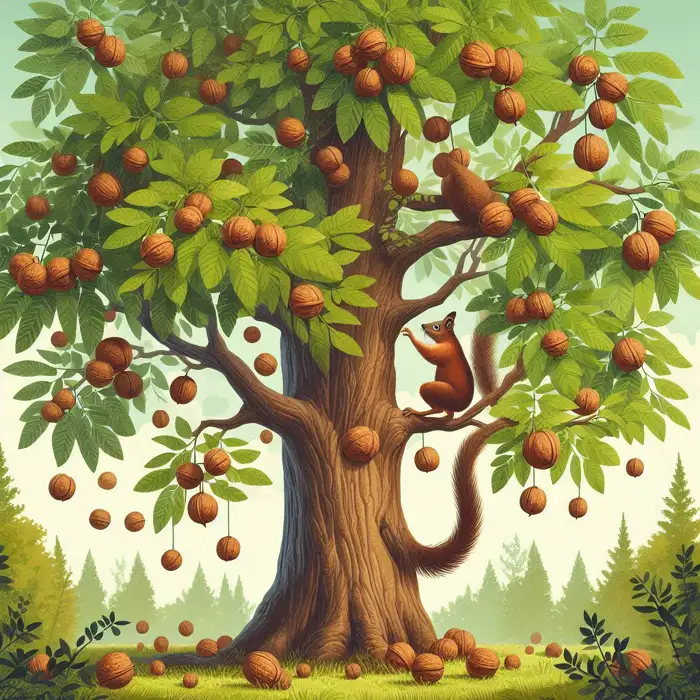The Fox and the Grapes
The Fox and the Grapes
Available in the public domain at: https://www.gutenberg.org
One hot summer’s day a Fox was strolling through an orchard till he came to a bunch of Grapes just ripening on a vine which had been trained over a lofty branch.
“Just the thing to quench my thirst,” quoth he. Drawing back a few paces, he took a run and a jump, and just missed the bunch. Turning round again with a One, Two, Three, he jumped up, but with no greater success.
Again and again he tried after the tempting morsel, but at last had to give it up, and walked away with his nose in the air, saying: “I am sure they are sour.”
It is easy to despise what you cannot get.
New words and expressions
- Stroll: to walk in a slow and unhurried manner
- Orchard: an area of land on which fruit or nut trees are grown abundantly
- A bunch of: a cluster of fruits growing on a stem
- Ripening: ripe and suitable for eating or harvesting
- Trained: aimed at, pointed to, directed
- Lofty: very tall or high
- Quoth: said (Old English)
- Tempting: causing craving to arise in someone, stimulating
- At last: finally, eventually
- Give up: quit, abandon
- To have one’s nose in the air: to act haughtily and arrogantly, be disdainful
About the fairy tale of the Fox and the Grapes
The Fox and the Grapes is one of the Aesop’s fables. The narration is concise and subsequent retellings have often been equally so. The story concerns a fox that tries to eat grapes from a vine but cannot reach them. Rather than admit defeat, he states they are undesirable. The expression “sour grapes” originated from this fable.
Source: https://en.wikipedia.org/
Questions for discussion
- What is your point of view about this type of rationalization?
- Do you guess the fox’s saying “sour grapes” was just a pretext to evade the burden of getting the grapes?




1- For me it is very bad thing because I don’t like to do my best for achieving something and
fail to do that and make excuses by telling myself something like this.
2- 100% yes
Soroosh
Question 1: As the last resort, it is acceptable to me.
Question 2: I agree with you. He could try more or use some other smarter ways to access what he desired.
Answer to questions:
1. Well I have to say maybe this is not always a bad thing to say when you could not get what you wanted. For example we can say that the fox tried his best and maybe it was his fate not to eat the grapes because perhaps they were poisoned.
2.Yes, but as I said I guess he really tried to reach the grapes because the story said that the fox was thirsty. It was a thing to say to calm his conscience and don’t feel bad about himself.
I agree with you, to some extent. However, I should add that physical effort is not the only way to get what you want. Sometimes, we need to “work smarter, and not harder”. If we leave no stone unturned, this type of rationalization could be the last resort to stay calm and happy.
For instance, I can say he could cajole a bird into throwing the grapes down to him like the story of The Fox and the Crow:
https://lelb.net/the-fox-and-the-crow-english-fairy-tale/
Dr.Hariri, what does it mean to leave no stone unturned?
It means to try everything you can to find or achieve something special.
Do your utmost / try your best